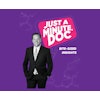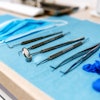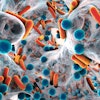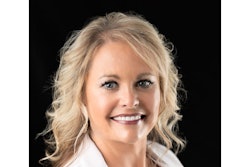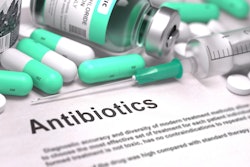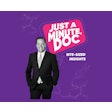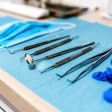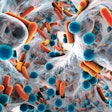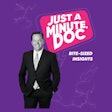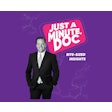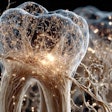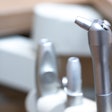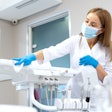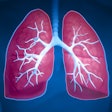In an age where cell phones are essential tools for communication, it can be easy to overlook their potential hazards, particularly in the dental clinical setting. While cell phones may seem harmless, their presence in the dental clinic is a significant issue from an infection control perspective, as well as a distraction from patient care.
Infection control concerns
Personal electronic devices (PEDs), such as cell phones, are among the most contaminated items that individuals use daily. Research has shown that the average cell phone harbors more bacteria than a toilet seat, including harmful pathogens such as Staphylococcus aureus, Escherichia coli, and even antibiotic-resistant organisms like MRSA. One contributing factor is the frequent use of cell phones in restrooms, where users commonly check messages and browse content, which increases one's exposure to microbial contaminants.
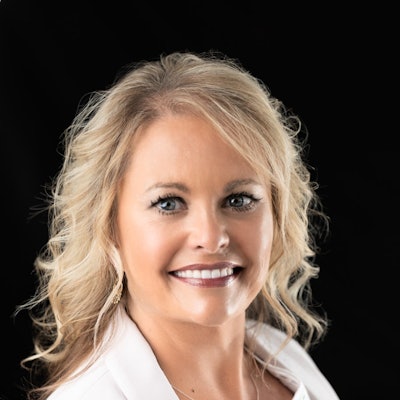 Monica Satake, MHE.
Monica Satake, MHE.
All dental clinical areas should be aseptic before and during patient care. In oral surgery settings where instruments incise and penetrate the tissue, the pathogens on a cell phone present a serious risk.
Gloves used during dental procedures become contaminated when a clinician touches the cell phone screen and compromises infection control protocols. Imagine being the cause of an implant failure, or even worse, a life-threatening infection because of careless infection control processes. Cell phones are rarely disinfected, making them ongoing reservoirs for microorganisms.
Distraction and patient safety
Beyond the risk of infection, the use or presence of personal cell phones during patient care can lead to dangerous distractions. Surgical procedures require complete focus, diligence, and timely responses to complications.
A text alert, a call, or even the subconscious urge to check a message can momentarily divert one's attention and potentially compromise patient care. This is not only a concern for the provider but for the entire surgical team.
Even a brief lapse in attention can lead to mistakes: an error in instrument handling, a missed step in the surgical sequence, an incorrect tooth extraction, or an error in responding to a change in the patient’s medications and health history.
Professionalism and patient perception
Dentistry is a patient-focused service industry. Patients trust their dental team to maintain the highest standards of care and professionalism.
A patient who observes a member of the dental team using a cell phone during a procedure can undermine this trust. It may give the impression that the clinician is not fully engaged in the patient’s care and could be perceived by the patient as rude and negligent.
Establishing clear policies
Because of these growing concerns, practices and institutions have implemented strict policies regarding PEDs in their offices. At a minimum, personal cell phones should not be in the operatory during procedures. Outside of the operatory, cell phone usage is not a protected personal liberty.
In a recent article by Yuriy Moshes, founding member of Moshes Law, PC, he states that an employer has the right to limit or prohibit employees' cell phone usage during company time. It is not illegal for a company to require that employees leave their cell phones at home or in their vehicles while working in the company facility.
The rationale behind this is to enhance productivity. Minimizing phone use -- whether for calls, texting, gaming, or social media -- helps employees remain focused on providing the services for which the employer is paying them, leading to increased efficiency and a more focused work environment.
Despite the organization's right to establish policies, employees are permitted to use their cell phones when they are not on the clock, such as during breaks or lunch. Establishing and implementing clear protocols and procedures enhances patient safety, reinforces infection control standards, and promotes a culture of professionalism and focus within the dental team.
Monica Satake, MHE, is a speaker, consultant, and teacher. She is a Dental Assisting National Board-certified expanded functions dental assistant for 33 years and maintains the certified in dental infection prevention and control designation.
The comments and observations expressed herein do not necessarily reflect the opinions of DrBicuspid.com, nor should they be construed as an endorsement or admonishment of any particular idea, vendor, or organization.
